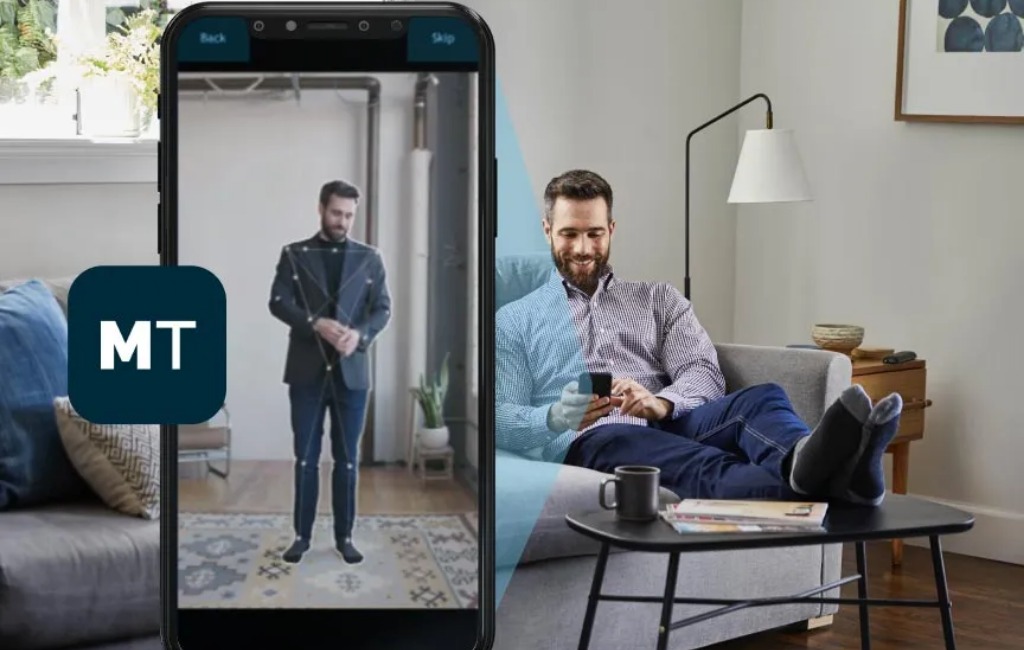Float Baby – Floating Class
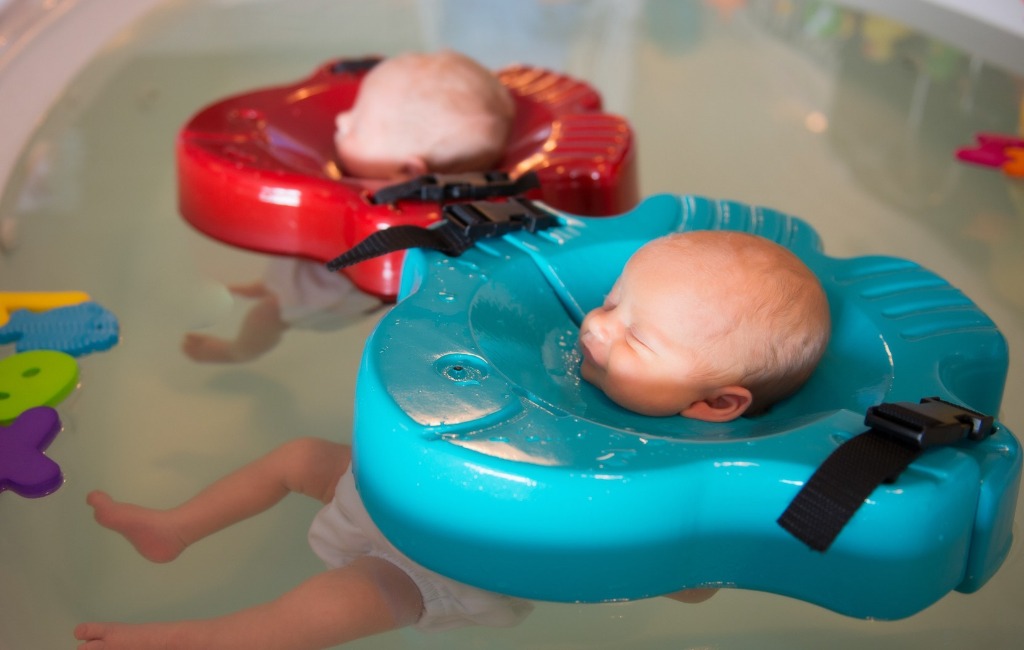
NO DEAL
EPISODE SUMMARY
🕓 Air Date: February 12, 2016
Asking For:
$150,000 for 20%
Investor:
No Deal
Deal:
No Deal
PRODUCT SUMMARY
Float Baby is the first and only flotation and massage facility in the U.S. for babies, using hydrotherapy and infant massage to enhance their physical and cognitive development.
WATCH HERE
IN A RUSH?
Click these to jump to the section you want to read.
Background Story
Float Baby was founded by Kristi Ison, who has a background in medical device sales, particularly in startup technology companies over 18 years. The idea originated in Japan about five years ago, where companies designed flotation rings for babies. Kristi holds a patent pending on the cover of these rings, making them smaller than existing devices in the market. The concept involves babies as young as two weeks old engaging in hydrotherapy and infant massage for improved physical and cognitive strength. Kristi has floated babies over 1,000 times and claims it’s a proven concept.
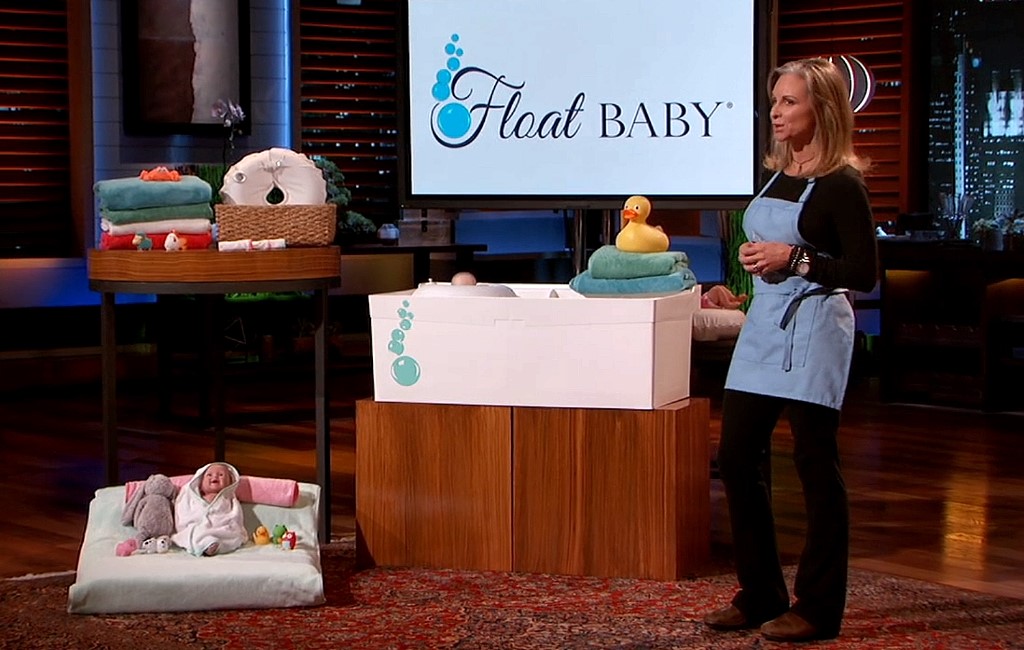
The Product
Float Baby operates as a storefront with individual tubs for babies. Each class accommodates three babies, who float for 20 to 25 minutes. The cost for one hour is $65. Kristi identifies a need for deeper tubs to extend the age range of clients, and she has found a manufacturer in China for specialized baby spa tubs.
The business faced challenges, including not selling out all time slots and the need for a more effective marketing strategy. Kristi emphasizes her efforts in meeting with medical professionals, but the Sharks express concerns about the business’s growth potential.
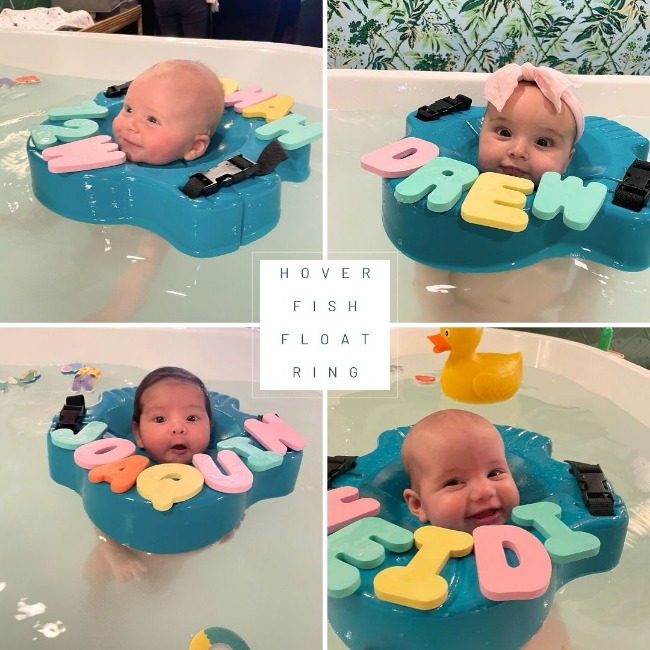
How It Went
The company’s position before Shark Tank
Float Baby generated $44,000 in the first year and projected $60,000 for the current year. The business operates with a storefront, offering hydrotherapy and infant massage sessions. One of the challenges is not selling out all available time slots. Kristi acknowledges the need for deeper tubs to accommodate older babies. She has located a manufacturer in China to address this issue. However, the Sharks express skepticism about the scalability of the business and its unique selling proposition. Kristi has experience in medical device sales, but the Sharks question the marketing strategy and growth potential.
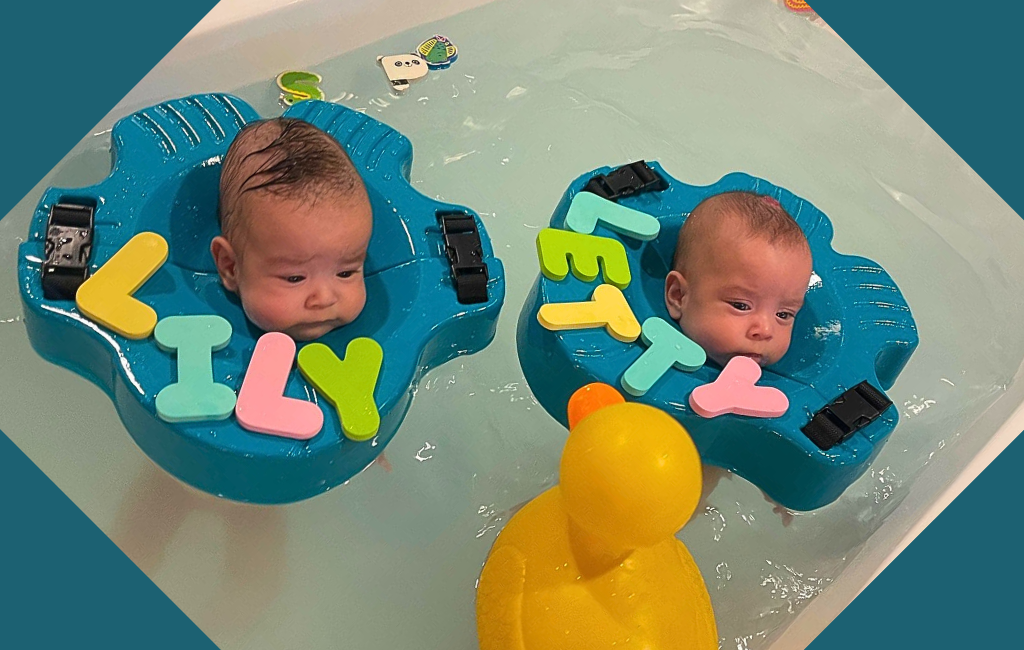
The Negotiations:
The negotiations did not result in a deal. Mark Cuban, Kevin O’Leary, and Lori Greiner all go out early in the pitch, expressing concerns about the business’s scalability and market potential. Kevin suggests the business might be more successful selling a product like a redesigned flotation ring or tub for home use. However, Kristi rejects this idea, stating that her business is primarily a service and not a product.
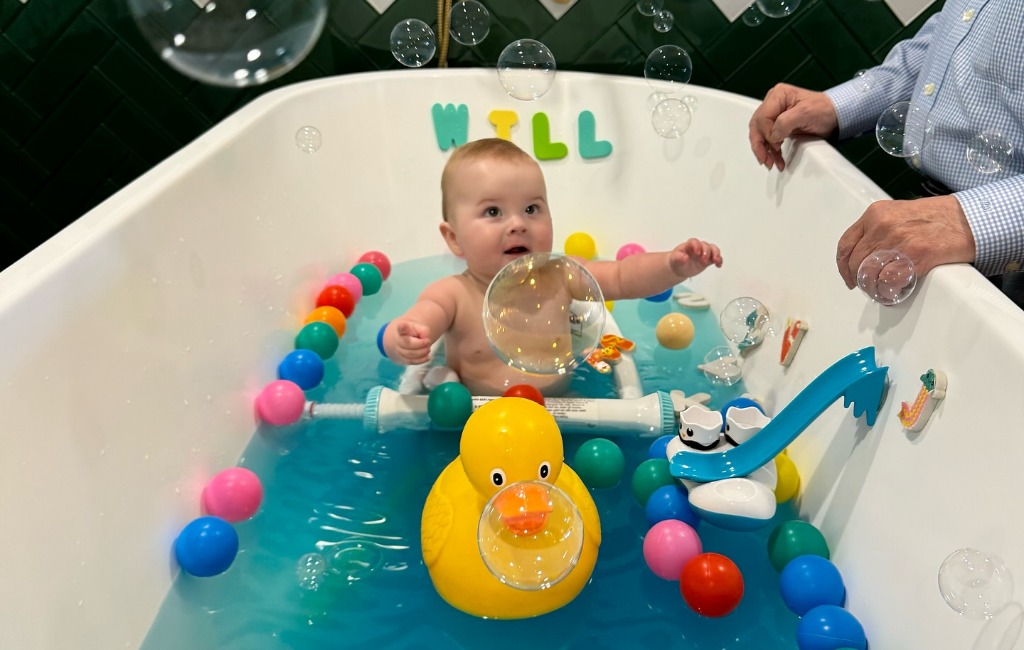
The Sharks highlight the importance of effective marketing and a unique selling proposition for scalability, and Kristi agrees that she needs help in that area. In the end, all the Sharks opt out, citing concerns about the business’s growth potential and the entrepreneur’s ability to market and scale the business effectively.







